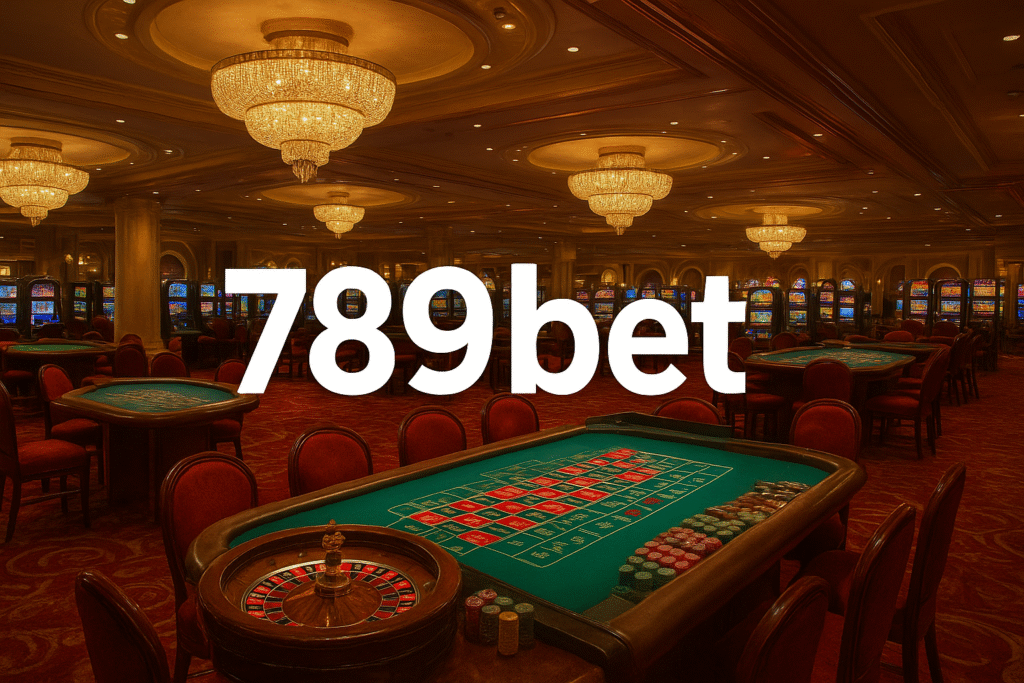In today’s digital world, gaming has grown into far more than just a way to pass time. It has become a global form of entertainment that not only provides excitement but also fosters real social bonds. From online multiplayer experiences to community-driven platforms, gaming now plays a significant role in helping people build connections and strengthen relationships. This transformation shows the power of gaming as a tool for bringing individuals together across cultures, generations, and geographical boundaries.
One of the most remarkable aspects of modern gaming is its ability to connect people in meaningful ways. Unlike traditional entertainment, where audiences are passive observers, gaming invites players to collaborate, compete, and share experiences in real time. This interactivity turns games into shared adventures where every victory, challenge, and milestone is celebrated together. For many, these virtual bonds are just as strong as those formed in face-to-face interactions.
Multiplayer games are at the heart of this social revolution. Whether it’s teaming up with friends in a cooperative quest or facing off against rivals in competitive arenas, these games encourage communication and teamwork. Players learn to strategize, trust one another, and coordinate c54 efforts to achieve common goals. The skills developed in these settings—like leadership, problem-solving, and collaboration—often extend into real-world situations, proving the practical benefits of gaming communities.
The global reach of gaming adds another dimension to its power of connection. Online platforms allow players from different cultures and countries to interact seamlessly. A gamer in one part of the world can easily join forces with someone thousands of miles away, breaking down barriers of distance and language. These cross-cultural exchanges foster understanding and appreciation for diversity, making gaming a unique bridge between societies.
Another important aspect of gaming’s social impact is the sense of belonging it creates. Many players join online communities, guilds, or forums where they can share their experiences, exchange tips, and support one another. These digital spaces often evolve into close-knit groups where friendships flourish. For individuals who may feel isolated in their offline lives, gaming communities provide comfort, encouragement, and the joy of being part of something bigger.
Technology has significantly enhanced the ways players connect through gaming. Voice chat, video integration, and live streaming allow for instant communication and shared experiences beyond gameplay. Streaming platforms, for example, let players broadcast their sessions to global audiences, creating entertainment that is both interactive and communal. This combination of technology and creativity continues to strengthen gaming’s role as a hub for social connection.
Esports has further amplified the social aspect of gaming. Competitive tournaments attract millions of viewers worldwide, offering fans a chance to come together, celebrate their favorite teams, and cheer for top players. These events create a sense of unity similar to traditional sports, proving that gaming has become a cultural force with the power to inspire and entertain on a massive scale.
Beyond competition, gaming also promotes collaboration and creativity. Many games allow players to build, design, and create content together, turning virtual worlds into canvases for imagination. Working on shared projects not only enhances creativity but also deepens the bonds between players. The collaborative spirit of these experiences shows how gaming encourages teamwork in innovative and enjoyable ways.
Accessibility also plays a role in gaming’s power to connect. With mobile devices, PCs, and consoles, people can engage with others anytime and anywhere. Free-to-play options and subscription models make gaming available to wider audiences, ensuring inclusivity and diversity. This accessibility ensures that gaming communities continue to grow, welcoming new players from every corner of the globe.
In conclusion, gaming has become a powerful force for building stronger connections in the digital age. By combining entertainment with interactivity, collaboration, and inclusivity, gaming provides a unique way for people to form meaningful relationships across borders. The sense of community, teamwork, and creativity that gaming inspires proves its role as more than just a pastime—it is a global movement that strengthens bonds and enriches lives. As technology continues to advance, gaming’s ability to connect people will only expand, ensuring its place at the heart of modern digital culture.
